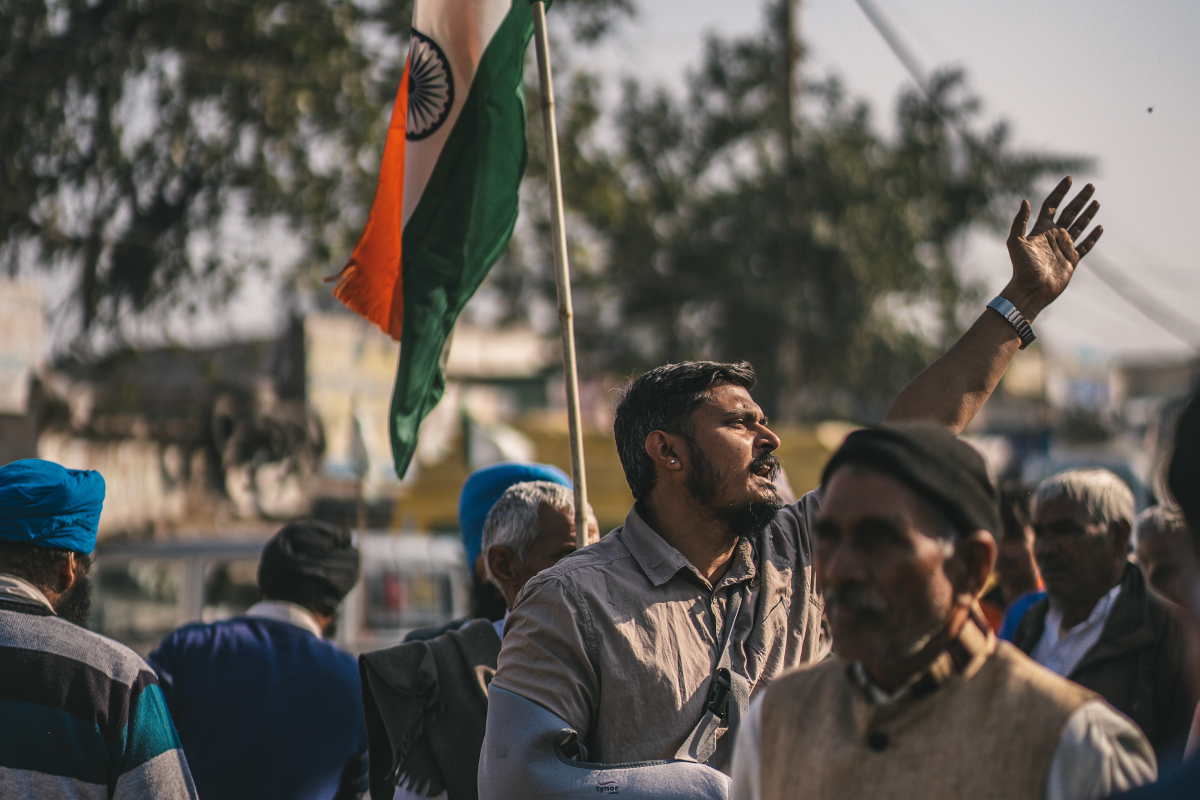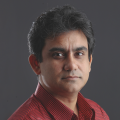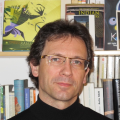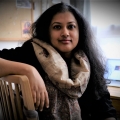Oxford Debate: Is India’s Democracy Under Threat?
VIEW EVENT DETAILSWith Debasish Roy Chowdhury, Christophe Jaffrelot, Tripurdaman Singh, and Vidya Venkat

@ Rupinder Singh / unsplash
MEMBERS-ONLY SPEAKER DEBRIEFING
Become a Member
Elections in India are often hailed as a ‘festival of democracy’ given the size of the exercise, with more than one billion people casting a vote. Besides the electoral process though, the state of India’s democracy is questioned more and more: last year both Freedom House and the V-Dem Institute downgraded India’s status as a democracy – from ‘free’ to ‘partly free’ in the first case, and from ‘electoral democracy’ to ‘electoral autocracy’ in the latter. The range of issues in question is broad: from corruption and legal discriminatory practices against Indian Muslims and other minorities, to limiting acts of civil liberties like press or academic freedom.
Can India still be considered a democracy? What will a continuing success of the Bharatiya Janata Party (BJP) under Narendra Modi mean for India’s Muslim community? And how will India’s recent appetite for multilateralism develop as a Hindu nationalist country?
In this Oxford Debate we are debating whether India's status as a democracy is inevitably dwindling into nonexistence or whether this threat is overblown and the rankings merely reflect a temporary phase.
About Oxford Debates
The Oxford Debates at Asia Society Switzerland are a format to address ‘big’ questions that have no one answer or solution but are inviting many conflicting views. Four renowned experts in the field form teams of two, one team arguing for the motion, the other against it.
The Oxford-style format is broken down into four sections: opening remarks, rebuttals, a moderated question-and-answer session, and closing remarks. Before and after the debate the audience is polled whether they agree with the motion or not. The voting breakdown is not shared publicly until the end of the debate. The greater percentage change between the first and second votes determines the debate’s winning team.
Disclaimer: Positions presented in the debate do not necessarily represent the speakers’ views.
Motion: India’s democracy is under severe threat
Speakers:
In favor of the motion

Debasish Roy Chowdhury is an Indian journalist, writer and editor based in Hong Kong. Before, he lived and worked in Calcutta, Sao Paulo, Hua Hin, Bangkok, and Beijing. He is a Jefferson Fellow, and a recipient of Human Rights Press Awards, Society of Publishers in Asia (SOPA) awards and Hong Kong News Awards. He co-authored the book To Kill A Democracy: India's Passage to Despotism (2021).

Christophe Jaffrelot is a Senior Research Fellow at CERI-Sciences Po/CNRS; Professor of Indian Politics and Sociology at King's College London; and President of the French Political Science Association. He is also a Non Resident Scholar at the Carnegie Endowment for International Peace, Permanent Consultant at the Centre for Policy Planning Staff of the French Ministry of Foreign Affairs since 2008 and columnist in The Indian Express since 2013. Among his recent publications are, as a co-editor with A. Chatterji and T.B. Hansen, The Majoritarian State. How Hindu Nationalism is Changing India (2019), as co-author with Pratinav Anil, India’s First Dictatorship. The Emergency, 1975-77 (2020), and as sole author Modi’s India. Hindu Nationalism and the Rise of Ethnic Democracy (2021).
Against the motion
Tripurdaman Singh is a British Academy Postdoctoral Fellow at the Institute of Commonwealth Studies, University of London. He has held visiting fellowships at the International Institute of Asian Studies, Leiden; Fondation Maison des Sciences de L’Homme, Paris and the Indian Council of Historical Research, New Delhi. He is the author of three acclaimed books: Imperial Sovereignty and Local Politics: The Bhadauria Rajputs and the Transition from Mughal to British India, 1600-1900 (2019), Sixteen Stormy Days: The Story of the First Amendment to the Constitution of India (2020) and Nehru: The Debates that Defined India (2021).

Vidya Venkat is a doctoral researcher in the Department of Anthropology at SOAS University of London. She has worked in India for over a decade as a journalist and communications expert. She is the recipient of prestigious academic awards (SOAS Research Studentship, Fred Lightfoot Scholarship, Felix scholarship) and international fellowships, and her writings have been widely published in Indian and international publications. She blogs at www.vidya-venkat.com.
